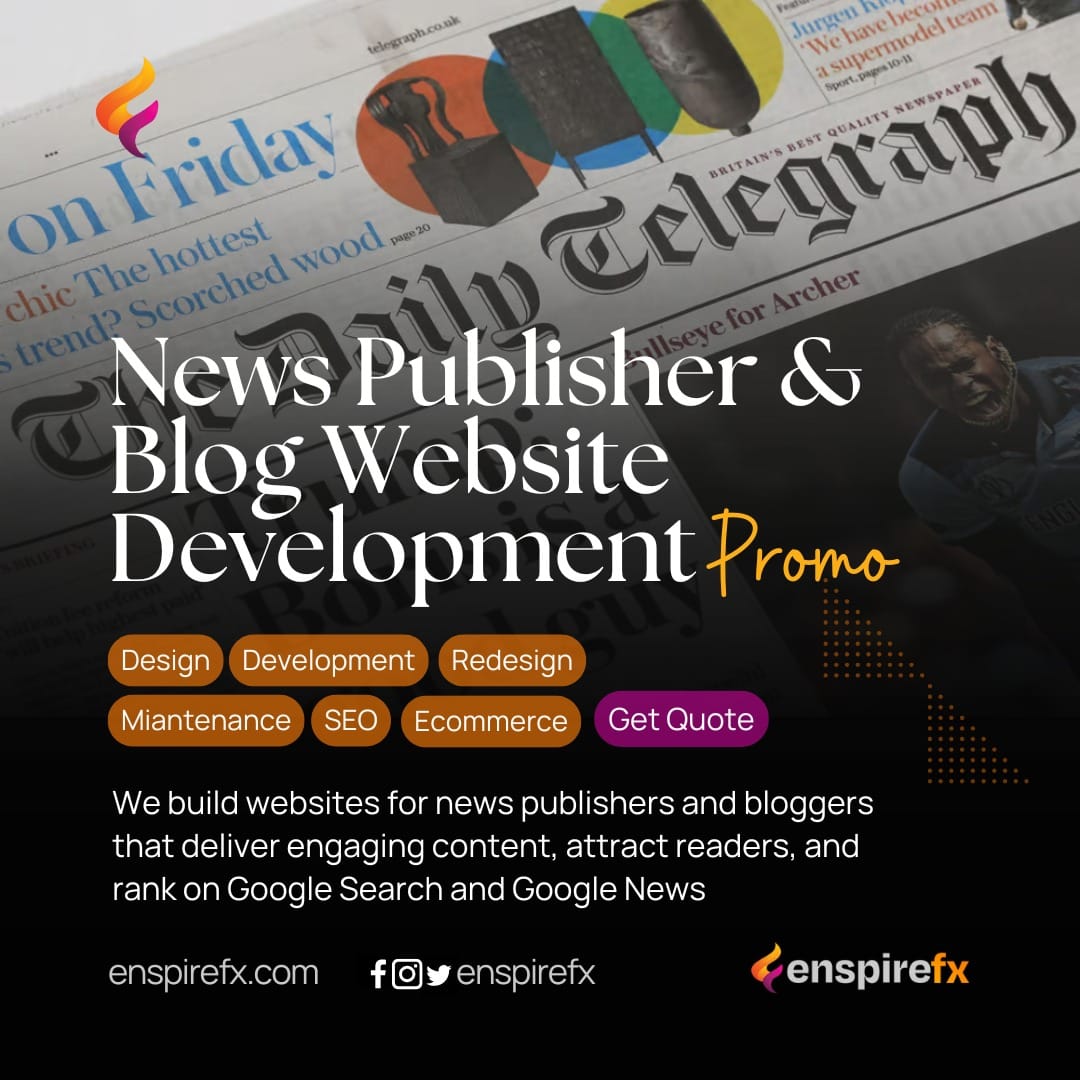Professor Augustina Naami, an Associate Professor of Psychology and Disability, Department of Social Work, University of Ghana, has called on all citizens to rethink disability and give positive attitudes to persons with disability (PWDs).
She said it was unfortunate that PWDs were subjected to barriers in society regarding marriage, transportation, employment, information and the physical environment.
She said those barriers limited PWDs in participating in the mainstream society, adding that the PWDs were not the problem, but the society in an interview with the Ghana News Agency after her students disseminated findings to traders and buyers at Madina market and lorry terminals.
It was on the barriers PWDS faced on daily basis, how the barriers impacted their lives and sought for recommendations to address the challenges.
Prof. Naami said: “an example is a person with a disability who uses a wheelchair right from the house, you know, through the environment. There are several barriers. We have gutters that are open. We have drainage system that is always challenging, not covered, and so on and so forth.
“Sidewalks that are usually inhibited with trees, poles, and other things. Sometimes the sidewalks, you don’t even see them. And the few also have challenges on them.
“So persons with disabilities sometimes cannot even use the sidewalks. So this person will struggle, get to the bus stop. The bus stops are not accessible.”
Prof Naami added: “And most times the trotros (commercial vehicles), when they get there, they won’t even stop to look at the PWD. Why? Because they’re in a hurry to go to the next stop to pick other passengers from that stop. And so those PWDs who use wheelchairs, they usually stay in transit for a long time before they get compassionate drivers to pick them.
“And even when that happens, they will have to pay for their wheelchairs or sometimes the wheelchairs will be placed on their laps. So this is just an example of what is happening.”
Prof Naami appealed for public and private work environment or structures to be disability friendly to enable PWDs to easily access their service.
She also asked that people refrained from discriminatory and stigmatising attitudes against PWDs.
“Those are the problems and not persons with disabilities. So if we remove these barriers, then persons with disabilities can participate fully in the society. We have to remove all the barriers that restrict persons with disabilities so that we can unleash their potential for development,” she added.
On barriers in marriage, she said many families did not want their members to marry PWDs, due to some theories about their conditions being infectious, a curse, a taboo and being a river goddess among others.
“And that’s why we see many persons with disabilities marrying people who also have disabilities. Because the discrimination is very, very severe. But let’s note that love knows no boundaries. If a family member is in love with a person with a disability, why would you deny them that opportunity?
“If the person didn’t see anything in that woman or man with disability, do you think they would like to spend the rest of their lives with such individuals?” she added
On discrimination against PWDs who sought jobs, Prof. Naami said: “That attitude of discriminating against persons with disabilities who search for jobs is not the best. Today, as I speak with you, I am an associate Professor here at the University of Ghana. If the University of Ghana did not give me this opportunity, would I have progressed this far? Would I have even been able to be involved in what I’m doing, helping students to understand the challenges that PWDs face and how they can support these individuals?
“It’s important that employers also rethink about employing PWDs because they have their capabilities, skills, and potential. Just give them a chance and you’ll never regret it because research even shows that individuals with disabilities, when on the job, most of the time, do better than their colleagues who don’t have disabilities,” she said.




























